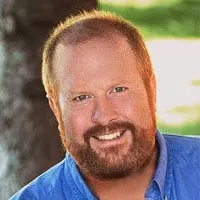BRATISLAVA (Reuters) – Tens of thousands of protesters gathered in a central square in the Slovak capital on Friday, waving banners opposing Prime Minister Robert Fico’s policy shift closer to Russia after tensions between the government and the opposition rose.
Organisers estimated 60,000 people had attended the demonstration in Bratislava’s Freedom Square, about four times more than in the last protest two weeks ago.
Protesters shouted “Enough of Fico” and “We are Europe” and at one point lit up the square with their mobile phones after a brief power outage. Rallies were also held in 20 other cities across the central European country on Friday.
Tensions have built this week, after Fico’s leftist-nationalist government attacked his progressive opponents, accusing them of attempting to cause chaos.
The government plans new preventive measures amid what Fico said were plans to escalate protests into attempts at illegally overthrowing the government, including by occupying state buildings.
Opposition political parties and civic groups organising the protests have rejected the accusations, saying they are meant to deflect attention from policy problems the fragile government coalition is failing to tackle.
Fico returned as prime minister for a fourth time in 2023 and has sparked worries among critics that his government is weakening democratic values and shifting foreign policy away from European Union and NATO allies and closer to Russia.
The latest round of protests come after Fico privately traveled to Moscow in December to meet Russian President Vladimir Putin, a rare encounter for an EU leader since Russia invaded Ukraine in 2022.
Fico had sought to guarantee Russian gas supplies as Ukraine rejected extending a transit deal with Moscow, cutting flows to Slovakia from Jan. 1 and forcing it to find alternative routes.
The Friday protests were organised by civic group Mier Ukrajine (Peace to Ukraine).
Media reported around 15,000 turned up in Kosice in eastern Slovakia, the country’s second biggest city, on Thursday.
(Reporting by Radovan Stoklasa in Bratislava and Jason Hovet in Prague; Editing by Sharon Singleton)







Comments